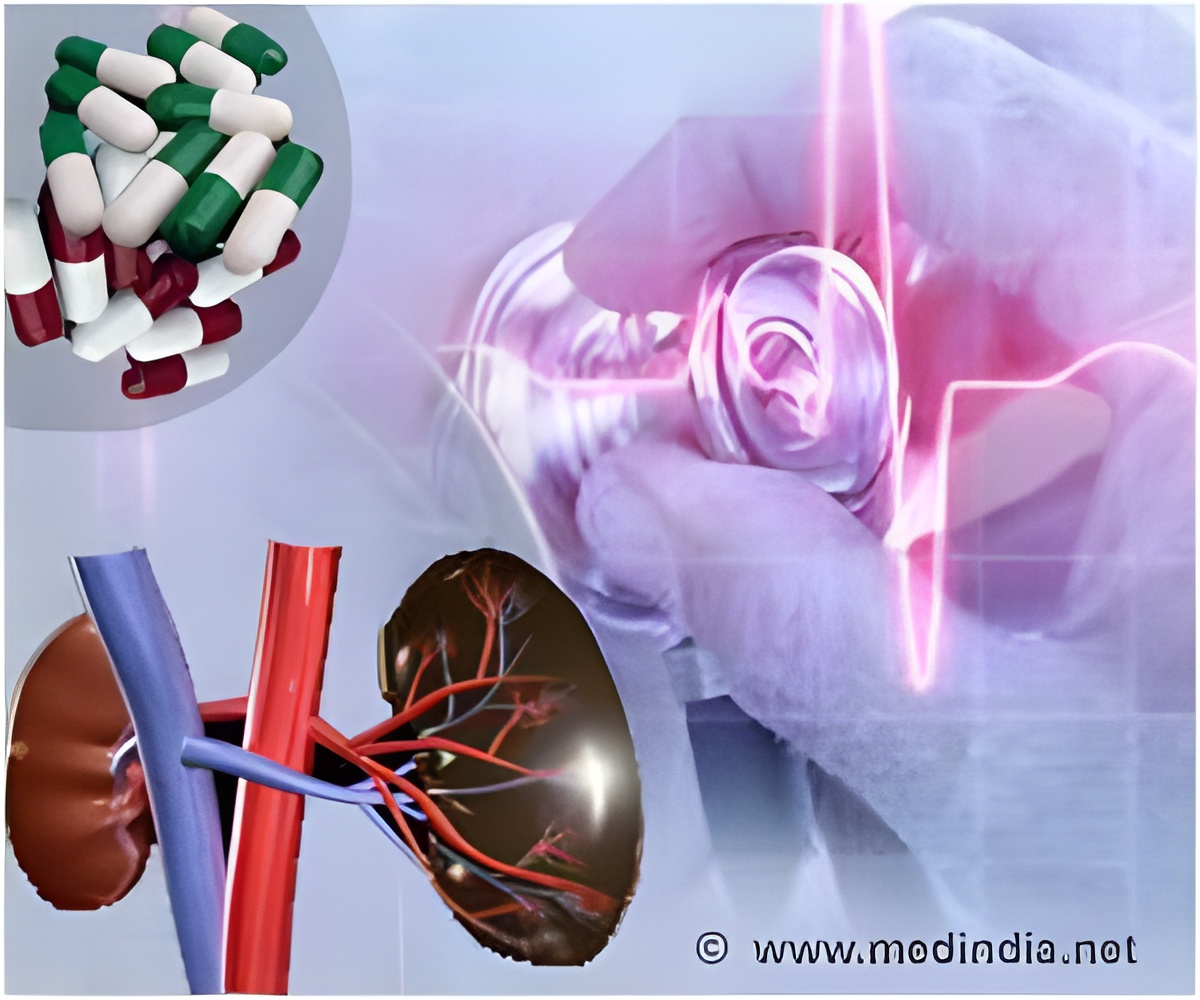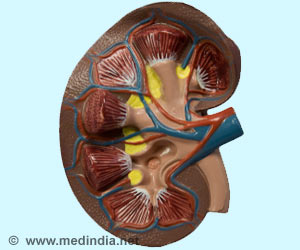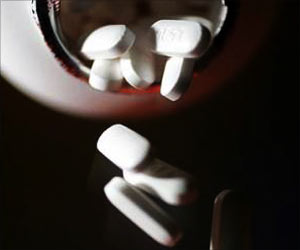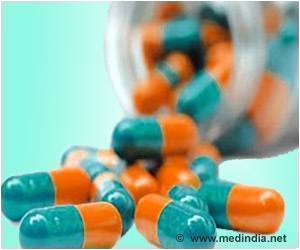Proton-pump inhibitors (PPIs) are commonly prescribed or available as over-the-counter drugs for treating heartburn, indigestion and acid reflux.

”People who use proton pump inhibitors (PPIs) have a 20 percent to 50 percent higher risk of chronic kidney disease compared with nonusers,” said lead author Dr. Morgan Grams, an assistant professor of epidemiology at Johns Hopkins University in Baltimore.
PPIs are sold by prescription and over-the-counter under a variety of brand names, including Nexium, Prilosec and Prevacid in the US.
In the study, researchers analyzed the medical records of two groups of people: 10,482 participants in the Artherosclerosis Risk in Communities (ARIC) study and 248,751 patients in the Geisinger Health System in Pennsylvania.
In the ARIC study, they found that among 322 people examined the absolute risk for chronic kidney disease was 11.8 percent while the expected risk would have been 8.5 percent.
In the Geisinger Health System, among the 16,900 patients the absolute risk was 15.6 percent, whereas 13.9 percent would have been expected to develop chronic kidney disease.
Advertisement
“No one is sure how the drugs might damage the kidneys, but a couple of leading theories exist. The medications can cause magnesium levels to decline in the body, and a lack of this important mineral could damage the kidneys. The kidneys also might become damaged over time if patients suffer repeated bouts of acute kidney inflammation due to proton pump inhibitors,” Grams added.
Advertisement
Source-Medindia














